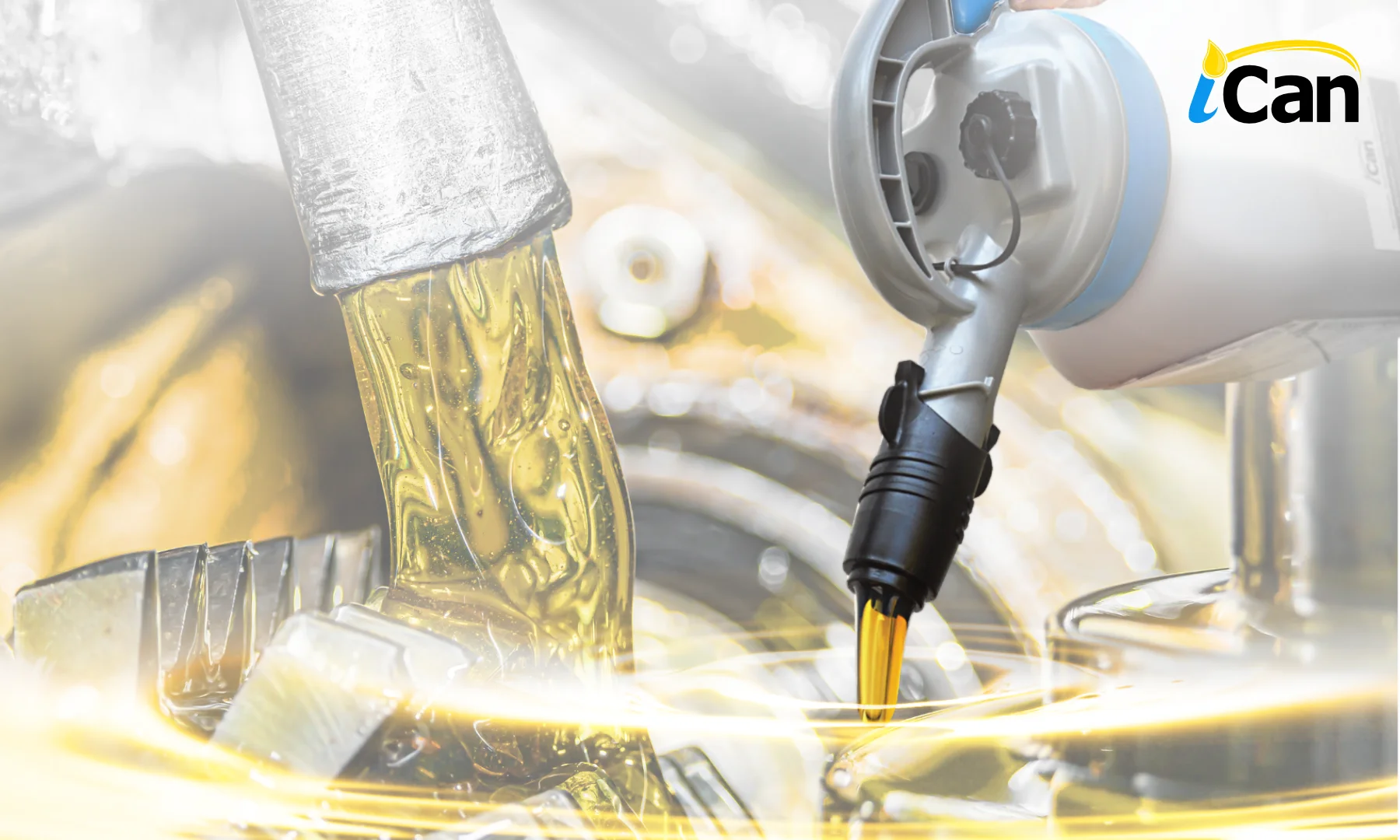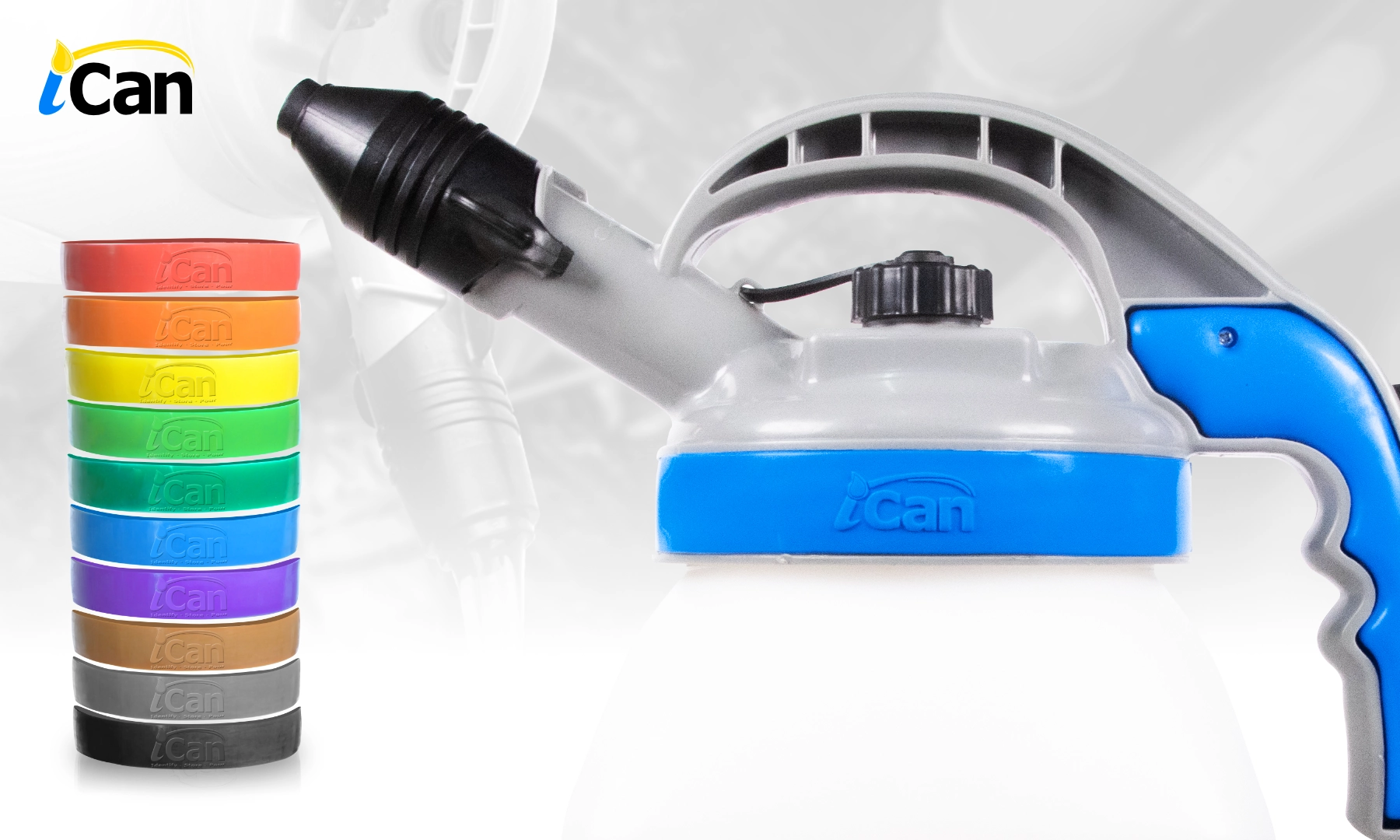Lubricants are the unsung heroes of the industrial landscape, silently ensuring that complex machinery operates smoothly, efficiently, and with minimal wear. Have you ever wondered how heavy machines manage to run day in and day out without falling apart? The answer lies in the proper application of lubricants. In this article, we’ll explore the top 7 applications of lubricants in the industrial world and delve into why these vital substances are so essential.
In today’s fast-paced industrial environment, efficiency and reliability are more critical than ever. Lubricants play a pivotal role in meeting these needs by reducing friction, preventing corrosion, and even improving energy efficiency. Whether you’re a seasoned engineer or simply curious about the mechanics behind industrial operations, understanding how lubricants function can shed light on the backbone of modern machinery.
Overview of Lubricants in Industry
Lubricants are substances used to reduce friction between surfaces in mutual contact, which ultimately minimizes wear and tear. They are used across various industries—from automotive manufacturing to heavy construction—to ensure smooth operations. Their application isn’t just limited to moving parts; lubricants also serve as coolants, sealants, and even protective coatings.
Importance and Impact on Industrial Operations
Imagine trying to run a car without oil—the engine would seize up and fail. This is the same principle at work in industrial machinery. Proper lubrication is crucial to prolong the lifespan of equipment, enhance performance, and even save on maintenance costs. Lubricants are key to operational reliability, cost-effectiveness, and sustainability in industries worldwide.
Understanding Lubricants
Before diving into the applications, it’s essential to grasp what lubricants are and how they work.
Definition and Basic Properties
At its core, a lubricant is any substance introduced between two moving surfaces to reduce friction and wear. The most common properties include viscosity (thickness), thermal stability, and chemical inertness. These properties ensure that lubricants perform effectively under varying conditions, from extreme heat to heavy loads.
Types of Lubricants (Oil-Based, Greases, Synthetics, etc.)
There are several types of lubricants, each designed for specific applications:
- Oil-Based Lubricants: These are the most widely used and can be natural or synthetic. They offer excellent flow characteristics, making them suitable for high-speed applications.
- Greases: Essentially oil that has been thickened, greases are used in scenarios where oil leakage is a concern.
- Synthetic Lubricants: Engineered for extreme conditions, synthetic lubricants provide superior performance in high-temperature and high-pressure environments.
- Specialty Lubricants: Designed for unique applications, such as food-grade lubricants for the food industry or environmentally friendly options for sustainable operations.
Importance of Lubrication in Industrial Settings
Lubrication is more than just a maintenance routine—it’s a critical component of industrial efficiency. Let’s explore why.
Enhancing Machinery Performance
Lubricants reduce the friction between moving parts, which not only smooths operations but also helps machinery run cooler and more efficiently. By minimizing friction, lubricants reduce energy consumption and extend the life of machine components. Picture a well-oiled machine as a smoothly choreographed dance—every part moves seamlessly in harmony.
Reducing Maintenance and Operating Costs
Think about the cost of replacing worn-out parts or dealing with unexpected machinery downtime. Lubricants help avert these costly issues by maintaining optimal operating conditions, thereby reducing the frequency of repairs and extending the intervals between maintenance shutdowns.
Application 1: Reducing Friction in Mechanical Systems
Friction is the enemy of efficiency in any mechanical system. The first and perhaps most obvious application of lubricants is friction reduction.
Mechanisms of Friction Reduction
Lubricants create a thin film between metal surfaces, preventing direct contact and thereby minimizing friction. This film not only reduces heat generated by friction but also minimizes the wear and tear on the machine components. Imagine trying to slide on a slick surface versus a rough one—the difference is similar to how lubricants work in machinery.
Real-World Examples in Heavy Machinery
In industries such as mining and construction, heavy machinery like excavators and bulldozers operate under extreme conditions. Lubricants ensure that these machines can run continuously without seizing up due to friction-induced heat and stress. This not only enhances operational efficiency but also saves substantial repair costs over time.
Application 2: Heat Dissipation
Another critical application of lubricants is their role in heat dissipation. When machines operate, they generate heat—a byproduct that can be detrimental if not managed properly.
Role of Lubricants in Cooling Processes
Lubricants absorb and dissipate heat away from moving parts, acting as a cooling agent. This prevents overheating, which can lead to component failure and decreased efficiency. By maintaining optimal temperatures, lubricants help maintain the integrity of the machinery even under heavy loads.
Benefits in High-Temperature Operations
Industries such as metal forging and glass manufacturing often operate at extremely high temperatures. In these environments, the ability of lubricants to manage and disperse heat is indispensable. They help prevent thermal breakdown and ensure that even the most temperature-sensitive components remain within safe operating ranges.
Application 3: Corrosion Protection
Corrosion is a silent enemy that gradually degrades machinery, leading to costly repairs and downtime. Lubricants serve as a protective barrier, shielding metal surfaces from corrosive elements.
How Lubricants Prevent Rust and Corrosion
Many lubricants contain additives that neutralize corrosive agents like moisture and acids. By forming a protective film on metal surfaces, lubricants prevent oxidation and rust formation. This protective layer is akin to a suit of armor, defending vital components against the elements.
Critical Industries Benefiting from Corrosion Resistance
Industries such as marine engineering, chemical processing, and automotive manufacturing benefit enormously from lubricants’ corrosion-preventing properties. In these sectors, the longevity of equipment is paramount, and the use of high-quality lubricants can be the difference between smooth operations and catastrophic failure.
Application 4: Sealant Functionality
Lubricants also play a crucial role in ensuring that seals within machinery function properly, thereby preventing leaks and contamination.
Enhancing Seal Integrity in Equipment
Seals in machinery keep contaminants out and retain lubricants within the system. By complementing these seals, lubricants ensure that no unwanted particles infiltrate the mechanical parts. This synergistic relationship is essential for maintaining the overall health of industrial equipment.
Impact on Equipment Lifespan
The effectiveness of seals directly influences the durability and lifespan of machinery. When lubricants work hand-in-hand with seals, they prevent the ingress of dust, water, and other harmful substances, thus extending the service life of the equipment and reducing maintenance intervals.
Application 5: Noise Reduction in Machinery
In industrial settings, excessive noise can be more than just a nuisance—it can signal underlying mechanical problems. Lubricants help mitigate this by reducing noise and vibrations.
Mechanism of Sound Dampening
When lubricants reduce friction, they also minimize the vibrations that typically generate unwanted noise. This sound dampening effect is particularly valuable in environments where noise control is essential, such as in manufacturing plants or precision engineering workshops.
Industrial Applications and Benefits
For workers, a quieter machine means a safer and more comfortable work environment. Reduced noise levels also lead to better communication on the factory floor and contribute to overall employee well-being. Moreover, quieter operations can also indicate a well-maintained, efficiently running machine—an added bonus for any industrial operation.
Application 6: Energy Efficiency Enhancement
With rising energy costs and increasing emphasis on sustainability, improving energy efficiency has become a top priority. Lubricants contribute significantly to this goal.
Optimizing Operational Performance
By reducing friction, lubricants ensure that less energy is wasted in overcoming resistance. This optimization means that machines require less power to operate, leading to significant energy savings over time. Think of it as switching from a clunky, old engine to a modern, high-efficiency one—the difference in performance is remarkable.
Environmental and Economic Advantages
Enhanced energy efficiency not only lowers operational costs but also reduces the environmental footprint of industrial processes. Companies that invest in quality lubricants often see long-term savings in both energy expenditure and maintenance, making it a win-win situation for both the business and the environment.
Application 7: Protective Coatings and Surface Treatments
Beyond their lubricating properties, many modern lubricants double as protective coatings, providing an extra layer of defense for machine components.
Role in Metalworking and Fabrication
In metalworking industries, lubricants are used during processes such as cutting, forming, and machining to coat surfaces. This protective coating minimizes direct contact with the working tool and helps reduce wear on both the tool and the workpiece. It’s like applying a protective varnish to a piece of furniture—it not only enhances appearance but also extends the life of the item.
Long-term Durability and Surface Protection
The application of lubricants as surface treatments ensures that machinery remains in top condition even after prolonged use. This dual functionality—both lubricating and protecting—makes modern formulations highly attractive to industries that demand high performance and durability from their equipment.
Conclusion
Lubricants are much more than a simple maintenance fluid—they are the lifeblood of industrial operations. From reducing friction and dissipating heat to protecting against corrosion and improving energy efficiency, the top 7 applications of lubricants showcase their indispensable role in keeping machinery running smoothly. As technology advances and the industrial world continues to evolve, the importance of high-quality lubricants will only grow, ensuring that industries remain efficient, cost-effective, and sustainable. Embracing these innovations not only enhances machine performance but also paves the way for a future where industrial processes are cleaner, quieter, and more energy-efficient.




